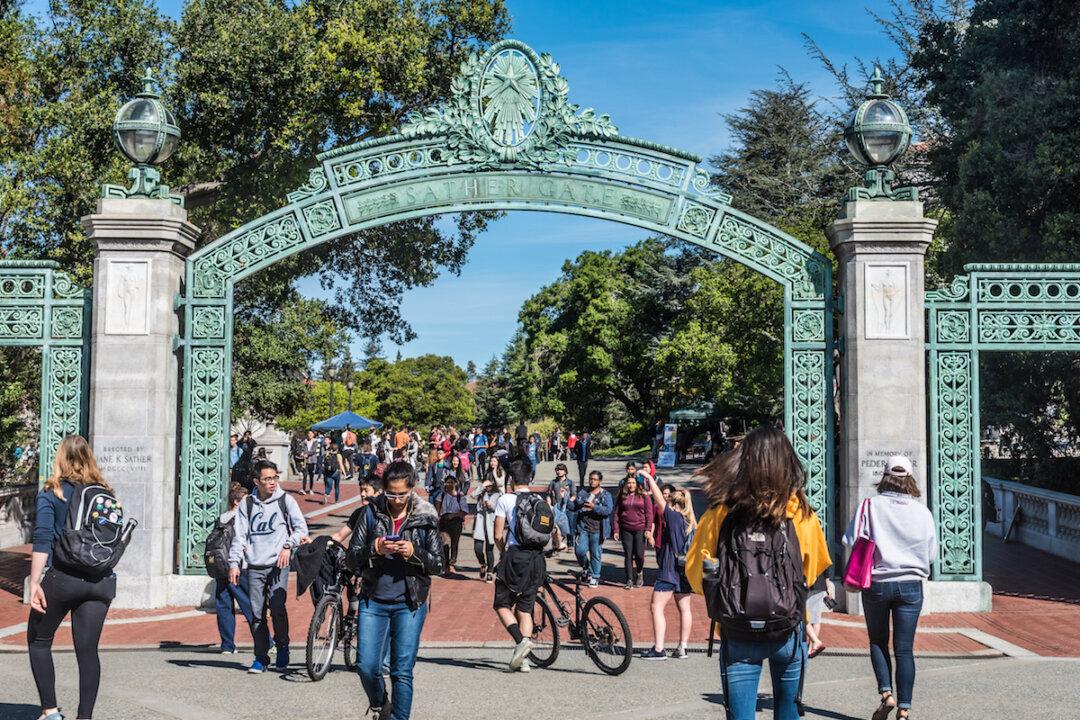As its campus remains closed for the rest of the semester, the University of California-Berkeley reaffirmed to illegal immigrant students and staff that they can still seek legal support online from the school’s immigration lawyers for free.
In a campus-wide email on Monday, Chancellor Carol Christ directed students to the university’s “Undocumented Student Program” and staff to “Employee Assistance” or “People and Culture” for resources that are made available online, in case they become “subject to an immigration order or inquiry on or off campus.”





